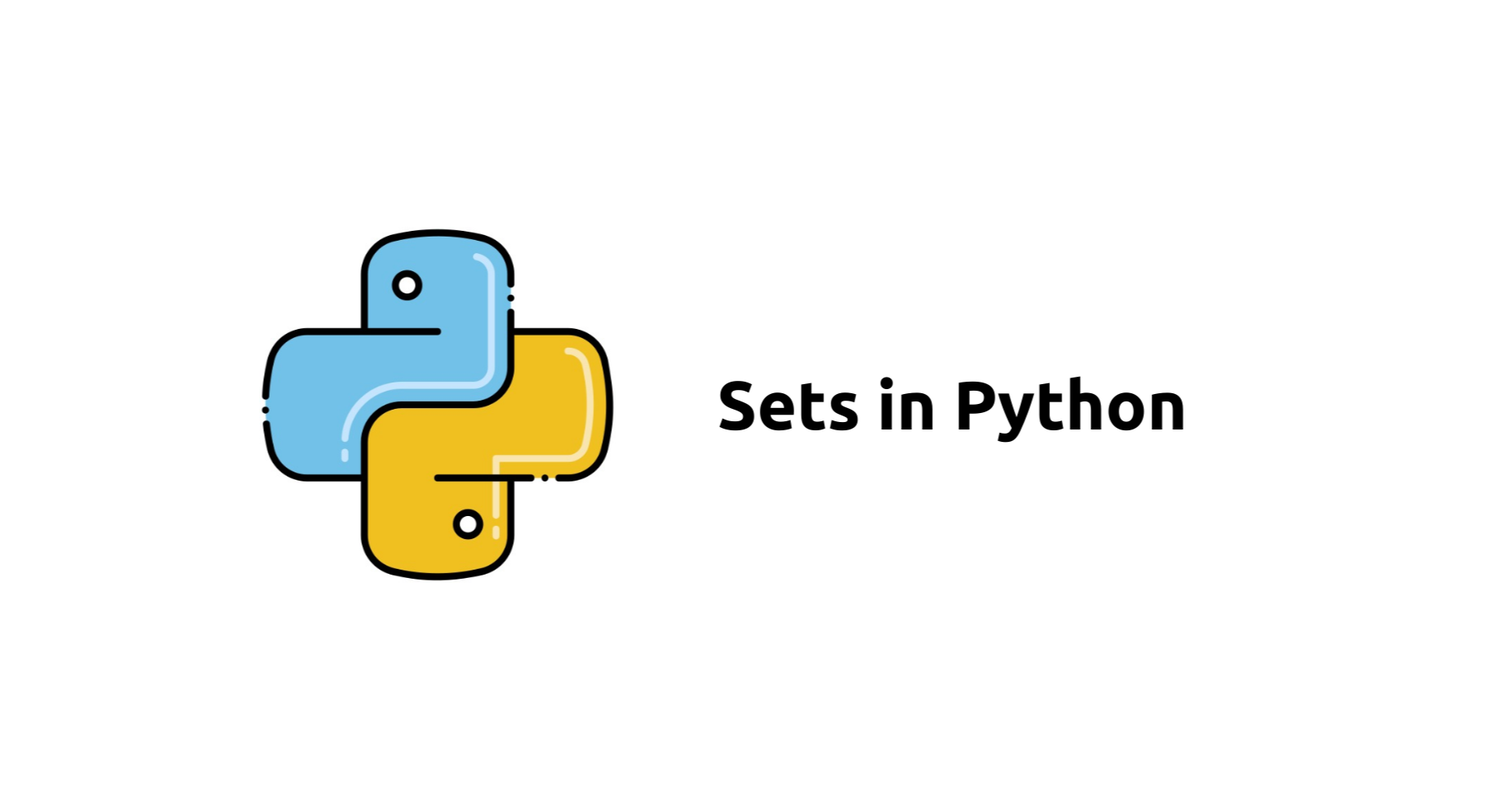Enhancing DevOps Data Management with Sets in Python
 Saurabh Adhau
Saurabh Adhau
Introduction
In the dynamic landscape of DevOps automation, efficient data management is essential for orchestrating deployments, monitoring infrastructure, and analyzing system metrics. Python's versatile sets offer a powerful solution for DevOps engineers to streamline data processing tasks and ensure data integrity. In this article, we'll explore how sets empower DevOps engineers, showcase real-world use cases tailored to DevOps workflows, and highlight the advantages of using sets over lists and tuples in DevOps scenarios.
Understanding Sets in Python
What are Sets?
Sets in Python are unordered collections of unique elements.
They are defined by enclosing the elements within curly braces
{}, separated by commas.
Syntax of Sets:
instance_ips = {'192.168.1.1', '192.168.1.2', '192.168.1.3'}
Advantages of Using Sets in DevOps
Removing Duplicate IPs:
Sets automatically eliminate duplicate IP addresses, ensuring that each IP appears only once in the collection.
This feature is beneficial for managing lists of instance IPs or network addresses without redundancy.
Efficient Membership Testing:
Sets provide efficient membership testing operations, allowing for quick checks to see if an IP address exists in the set.
This property makes sets suitable for tasks such as filtering unique IPs or identifying common addresses across environments.
Set Operations for Infrastructure Analysis:
Sets support set operations such as intersection and difference, which are valuable for analyzing infrastructure configurations and identifying discrepancies.
These operations enable DevOps engineers to compare lists of IPs, detect changes in network topology, and ensure consistency across environments.
Real-world Use Cases of Sets in DevOps
Use Case 1: Managing Instance IPs
Scenario: Storing and managing IP addresses of instances deployed in a cloud environment.
Example:
instance_ips = {'192.168.1.1', '192.168.1.2', '192.168.1.3', '192.168.1.1'} unique_ips = set(instance_ips)
Use Case 2: Analyzing Network Configurations
Scenario: Analyzing network configurations to identify overlapping IP ranges or duplicate addresses.
Example:
production_ips = {'192.168.1.1', '192.168.1.2', '192.168.1.3'} staging_ips = {'192.168.1.3', '192.168.1.4', '192.168.1.5'} common_ips = production_ips.intersection(staging_ips)
Use Case 3: Ensuring Unique Configuration Settings
Scenario: Ensuring unique configuration settings across multiple environments to avoid conflicts.
Example:
web_server_ports = {80, 443} database_server_ports = {3306, 5432} common_ports = web_server_ports.intersection(database_server_ports)
Advantages of Sets over Lists and Tuples in DevOps
Uniqueness and Data Integrity:
- Sets ensure data integrity by eliminating duplicates, which is crucial for managing infrastructure configurations and network addresses.
Efficiency in IP Address Management:
- Sets offer efficient membership testing and set operations, enabling quick identification of unique IPs and comparison of network configurations.
Simplified Infrastructure Analysis:
- Sets simplify infrastructure analysis tasks by providing built-in operations for comparing, filtering, and analyzing sets of IPs or configuration settings.
Conclusion
Sets in Python serve as invaluable tools for DevOps engineers to streamline data management tasks, ensure data integrity, and analyze infrastructure configurations effectively. By leveraging the advantages of sets over lists and tuples, DevOps professionals can optimize their automation workflows, improve efficiency, and enhance the reliability of their infrastructure deployments. Whether it's managing instance IPs, analyzing network configurations, or ensuring unique configuration settings, sets play a vital role in simplifying complex data processing tasks in the DevOps ecosystem.
Subscribe to my newsletter
Read articles from Saurabh Adhau directly inside your inbox. Subscribe to the newsletter, and don't miss out.
Written by

Saurabh Adhau
Saurabh Adhau
As a DevOps Engineer, I thrive in the cloud and command a vast arsenal of tools and technologies: ☁️ AWS and Azure Cloud: Where the sky is the limit, I ensure applications soar. 🔨 DevOps Toolbelt: Git, GitHub, GitLab – I master them all for smooth development workflows. 🧱 Infrastructure as Code: Terraform and Ansible sculpt infrastructure like a masterpiece. 🐳 Containerization: With Docker, I package applications for effortless deployment. 🚀 Orchestration: Kubernetes conducts my application symphonies. 🌐 Web Servers: Nginx and Apache, my trusted gatekeepers of the web.